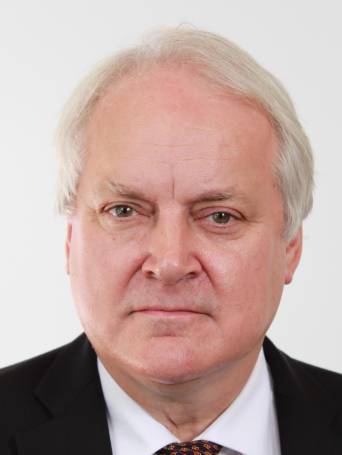Richard Alderslade
Adjunct Associate Professor of Public and Health Administration

Richard Alderslade has worked for twenty-five years in public health, national and local health administration, research and higher education in the United Kingdom, and for ten years in humanitarian and development international health. He holds the degrees of MA. BM. BCh. (Oxon) and is a Fellow of the Royal College of Physicians of London (FRCP) and the Faculty of Public Health (FFPH), both in the United Kingdom.
His United Kingdom work has included five years working with the Medical Civil Service, including a Senior Medical Officer appointment as Private Secretary to the Chief Medical Officer; ten years working in public health within the National Health Service as Consultant in Public Health Medicine and Regional Director of Public Health, three years as a Unit General Manager of community health services, and one year as a Professor of Community Care.
Internationally he has worked for eight years in humanitarian public health work with the World Health Organisation's Regional Office for Europe, including five years managing all the Office's humanitarian programs within the Region. During 2001-02 he worked with the European Union and the United Kingdom Department for International Development in Romania, acting as Adviser to the Romanian Prime Minister on the development of child protection services in Romania. He was then for 4 years Senior External Relations Officer at the World Health Organization's Office at the United Nations in New York.
He is now since 2006 Chief Officer of the Children's High Level Group, an NGO based in London concerned with improving arrangements for child health, education, welfare and protection services across Europe. He is also currently Adjunct Professor of Public and Health Administration at the Robert F Wagner School of Public Service at New York University.